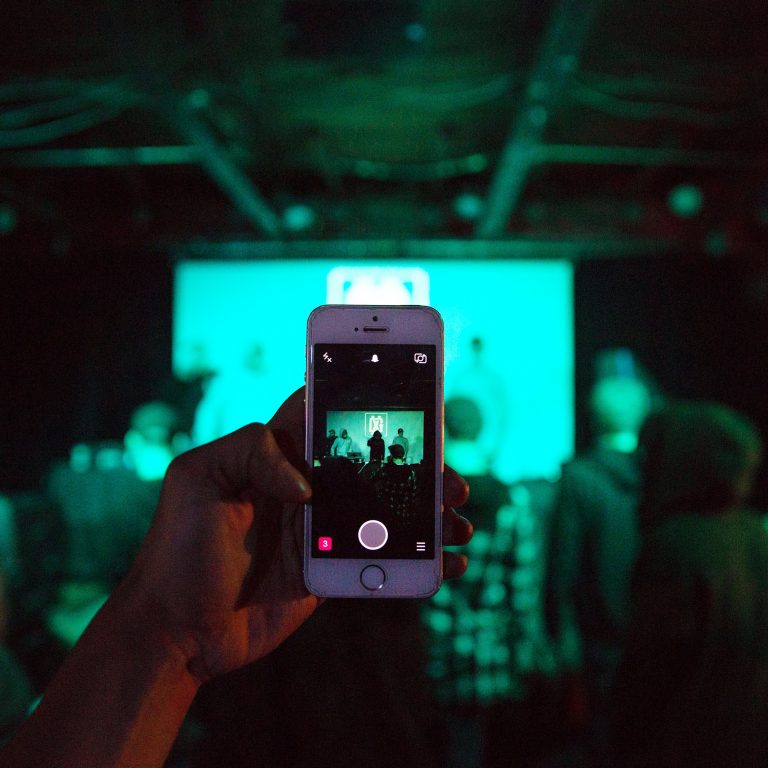
Victoria Penate
Staff Writer
According to a Greenberg Strategy study that Snap Inc. commissioned, parties are tied with “at home” for the most frequent place for Snapchat use, with 81 percent of users reportedly using the app in party settings. Despite the fact that many users feel compelled to take and share party images with such frequency, this habit of image-sharing can have negative effects.
In a recent New York University study, researchers found evidence to suggest that taking photos causes people additional stress if they are doing so with the intention of sharing them. The abstract of the study explains that this extra stress exists because “taking photos to share increases self-presentational concern during the experience, which can not only reduce enjoyment directly, but also indirectly by lowering engagement with the experience.”
This is a powerful reason to consider giving a carefree, share-free night a try. You may find that your genuine enjoyment of a night out with friends will improve if you don’t have to worry about how it will all look to your friends list on Snapchat.
There is also a benevolent, feel-good reason to put the smartphone away during parties: although Snapchats seem temporary, many are saved and reposted on more permanent social media. Just from scrolling through the Instagram Explore page or virtually any other social media a few times today, I regularly see several uploads of saved and re-posted Snapchat videos. Many videos feature intoxicated students having an unfortunate time with everything from heightened emotions to an inability to stand on elevated surfaces.
There are popular accounts dedicated entirely to posting user submissions of videos like this. Snapchatters should be more considerate of poeple who have not necessarily consented to having their regrettable Friday night become public media for strangers to tag their friends in.
Often, Snapchatters also use the app to record and share concerts. Seventy percent of Snapchat users have reportedly engaged in this practice, according to a Greenberg Strategy study that Snapchat’s parent company, Snap, commissioned. Most of us are familiar with the usual end result — a trembling, three-hundred-part, brightly-colored but barely recognizable snap story of a performance on our friend’s profile. Many of us have also been that friend; it is definitely tempting to show all of our friends the cool show we attended.
However, there is compelling evidence to suggest that we could be making better memories for ourselves if we resisted the temptation to snap an entire experience. Professor Linda Henkel of Fairfield University calls it the “photo-taking impairment effect.” In a 2013 study, Henkel sent students out to an art museum and asked only some of them to take photos of the art. During a subsequent memory test of the details they noticed while at the museum, the students who took photographs remembered a lot less.
“As soon as you hit ‘click’ on that camera, it’s as if you’ve outsourced your memory,” explained Henkel in an interview with NPR. “Any time we … count on these external memory devices, we’re taking away from the kind of mental cognitive processing that might help us actually remember that stuff on our own.”
In this age of oversharing and publicly accessible mistakes, it would be a step in the right direction for what happens in good fun at college parties to stay at college parties — and for vibrant events you partake in to stay vibrant memories for you to treasure and keep.










